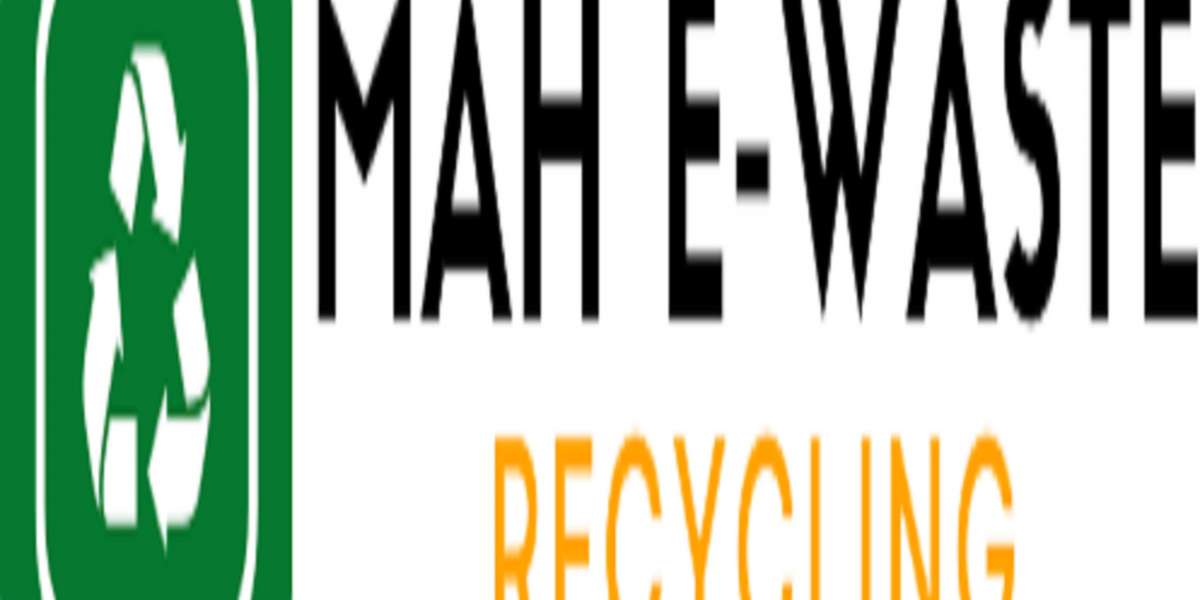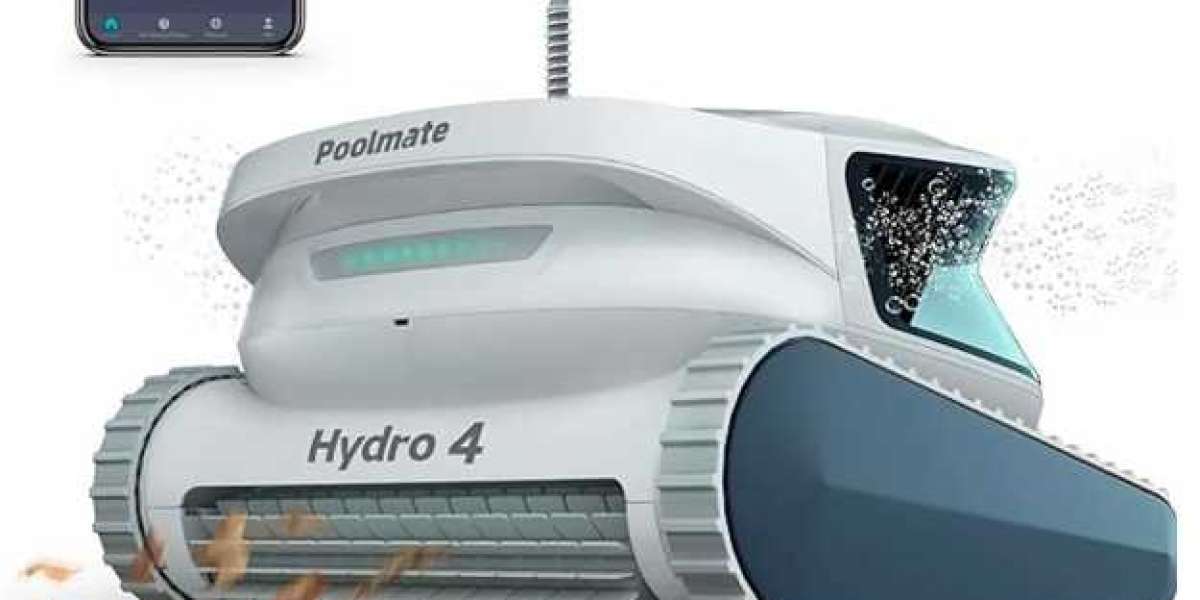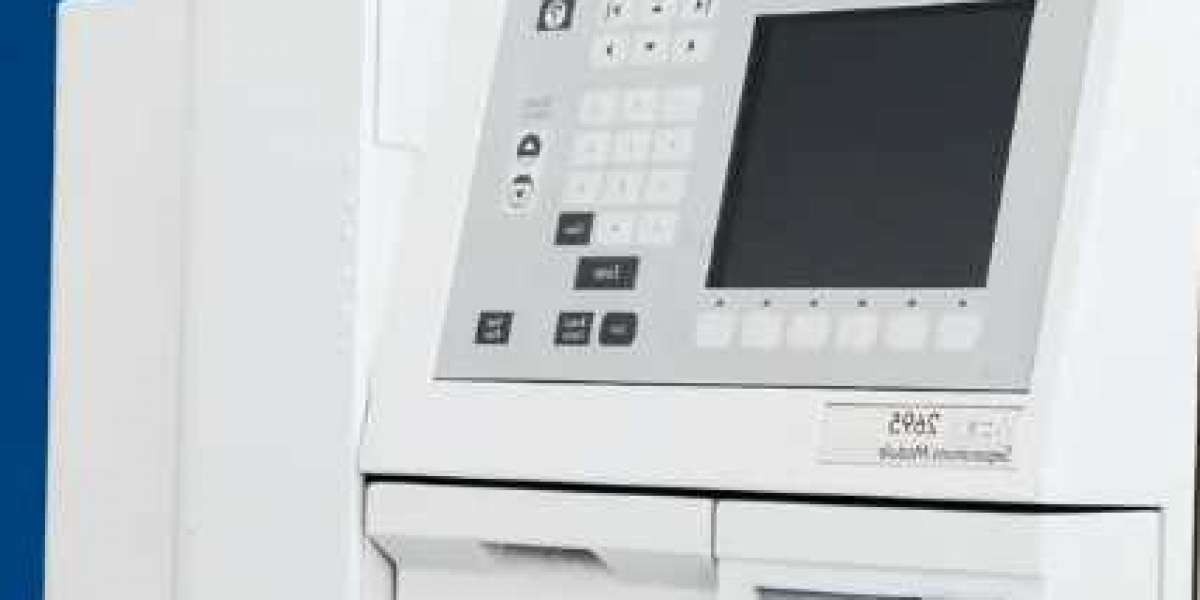As technology evolves, electronic waste (e-waste) has become a significant environmental challenge. Printers contribute to this problem when disposed of improperly. Recycling printers responsibly is environmentally beneficial and aligns with efforts to conserve resources and reduce waste.
Why Recycle Your Printer?
Printers contain hazardous materials such as heavy metals, inks, and plastics that can leach into soil and water if discarded in landfills. Recycling prevents the release of these harmful substances, ensuring a cleaner environment. Printers are composed of valuable materials like aluminum, steel, and copper, which can be extracted and reused in manufacturing. Recycling reduces the need for raw resource extraction, which is energy-intensive and environmentally damaging. Many countries have laws governing e-waste disposal. Recycling ensures compliance with these regulations, helping avoid fines and supporting sustainability goals.
How to Recycle Your Printer
Several printer manufacturers run programs to help consumers recycle their devices. These initiatives are often free and ensure printers are processed responsibly. HP Planet Partners offers free recycling for HP products, while Canon and Epson operate similar programs. Dedicated e-waste facilities accept printers for proper dismantling and recycling. These centers recover valuable components while safely disposing of hazardous materials. To find a nearby center, check online directories or consult local waste management agencies. Functional printers can be donated to schools, libraries, or non-profits, where they may find a second life. Many electronics retailers, such as Best Buy and Staples, have take-back programs for recycling printers. Some cities offer curbside pickup or designated drop-off points for electronic waste. Check with your local waste management office to explore options.
Recycling Printer Cartridges
Some ink and toner cartridges can be refilled multiple times before recycling. Brands like Xerox and Brother have specialized programs, and many office supply stores accept used cartridges, sometimes offering store credit. If cartridges are no longer usable, recycle them with the printer to avoid improper disposal.
Upcycling Printers
Old printers can be creatively repurposed into functional or decorative items. Printer casings can be turned into storage boxes or organizers. Motors, gears, and components can be used for DIY robotics or engineering projects. Certain parts can also inspire innovative artwork or sculptures.
Benefits of Printer Recycling
Recycling printers reduces the volume of electronic waste in landfills. It promotes a circular economy where materials are continuously reused, reducing the need for raw materials. Recycling components like metals and plastics consumes less energy than mining or producing new materials.
Key Considerations
printer recycling often store data, such as documents or network settings, in their memory. Perform a factory reset or consult the manufacturer’s guide to securely erase data. Choose a recycling service or facility that complies with environmental standards. Look for certifications like R2 (Responsible Recycling) or e-Stewards to ensure ethical handling.
Recycling your printer responsibly is an impactful way to reduce your environmental footprint. By using recycling programs, donating usable devices, and repurposing materials, you contribute to a sustainable world while protecting resources for future generations.






